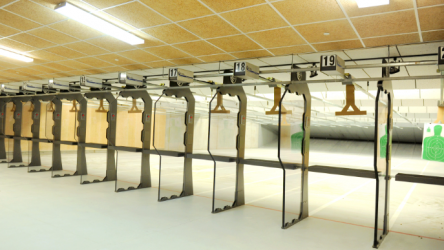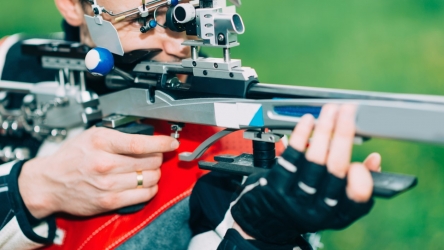
Golf is largely considered to be a low-risk sport, but injuries are, well, par for the course, especially if you’re not in tiptop physical shape. Repetitive motions and the range of movement required by golf can leave you highly susceptible to various injuries.
According to Avita Health Systems, which specializes in sports medicine, preventing sport injuries is largely a matter of maintaining good overall health and physical strength, flexibility, and balance, which will not only protect you against painful joint, muscle, and other conditions but will also improve your swing and hit distance.
Here are the three most common golf-related injuries and what you can do to prevent them.
Low Back Pain
According to the American Orthopedic Society for Sports Medicine, lower back problems are the most common injury complaints of both pro and amateur golfers. Lower back pain may occur due to the rotation and extension of the body required for the swing, which can send the club head speeding forth at over 120 miles per hour.
Improving the range of motion of the lumbar spine extension and the rotation of the lead hip can help prevent back pain. Lightening the load of your golf bag can also help.
Elbow Injuries
Conditions of the elbow are the second most common golf-related injuries and typically occur due to poor form during the swing. Medial epicondylitis, more commonly known as golfer’s elbow, and lateral epicondylitis, also known as tennis elbow, are the most frequently occurring elbow-related injuries sustained by golfers, and occurrences of both tend to increase with age or more frequent play.
To prevent these and other elbow injuries, stretch your upper body before hitting the course, and engage in resistance training at least twice a week to increase strength.
Shoulder Injuries
Problems with the shoulder are the third most common golfing injury. The rotator cuff muscles, pecs, and lats are heavily used in the golf swing, and require optimum strength and flexibility to perform well without injury. Rotator cuff problems, bursitis, and tendonitis in the shoulder are the most common conditions suffered by golfers and usually occur in the lead arm.
Warming up with stretches before you play is essential for increased flexibility that can help prevent these injuries, and targeting your shoulder muscles during your twice weekly weight training routine are the best ways to prevent these injuries.
In addition to a weight training program geared specifically toward golfers, improving overall strength, balance, and flexibility through a program like fitness yoga is a highly efficient and effective way to keep your body in optimum golfing shape as well as improve your game.







